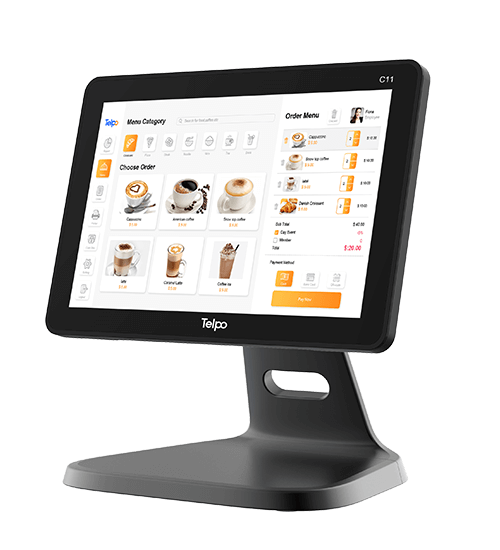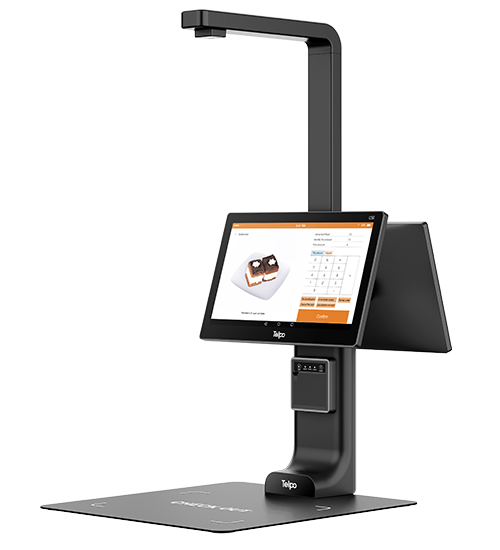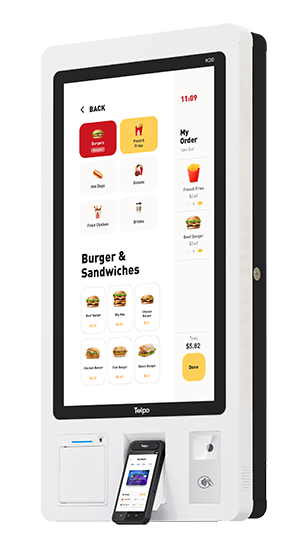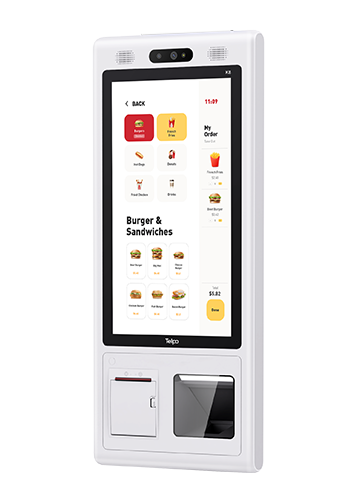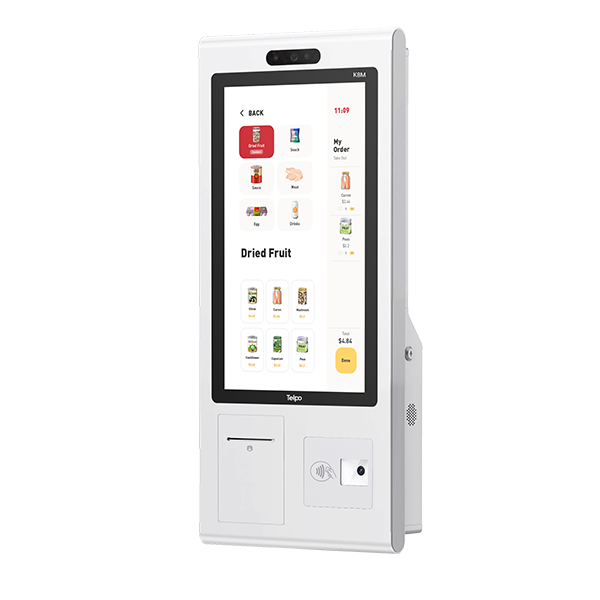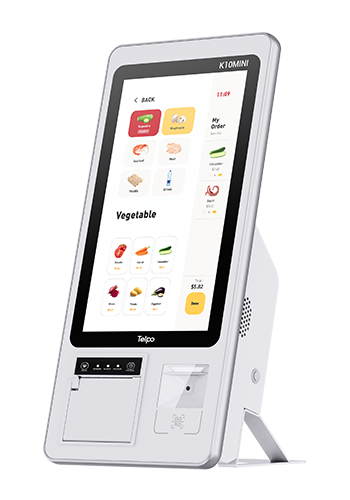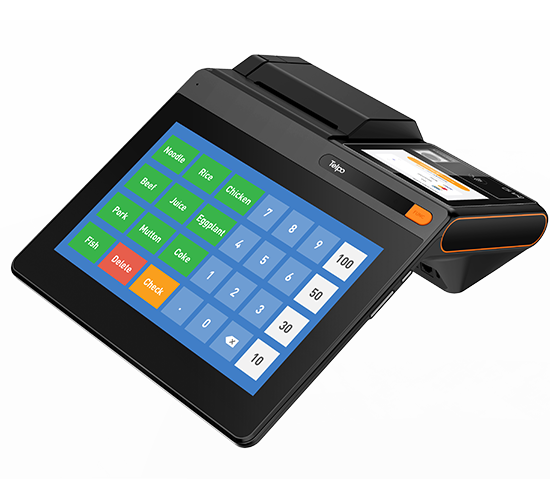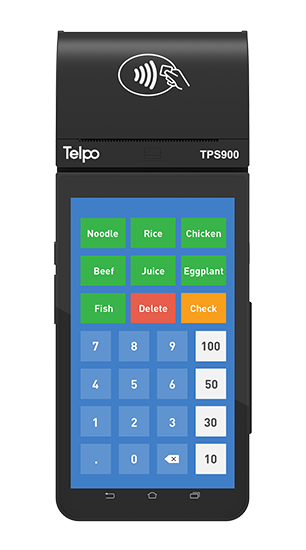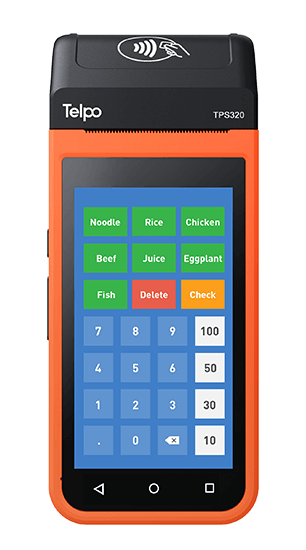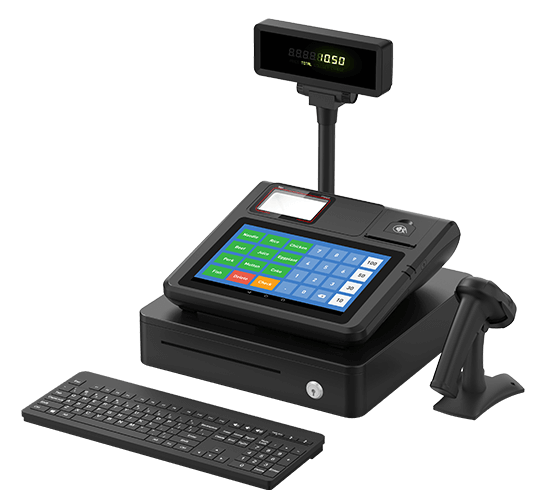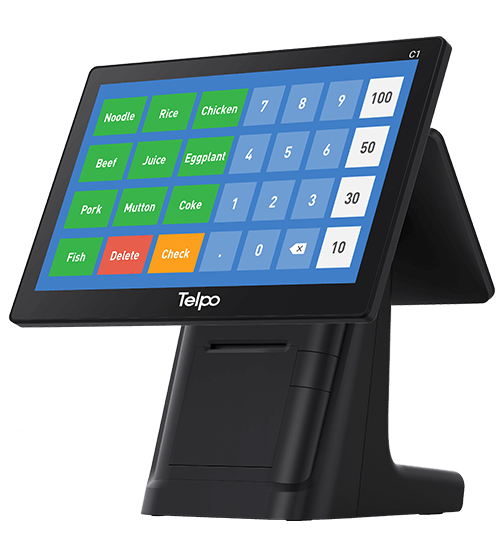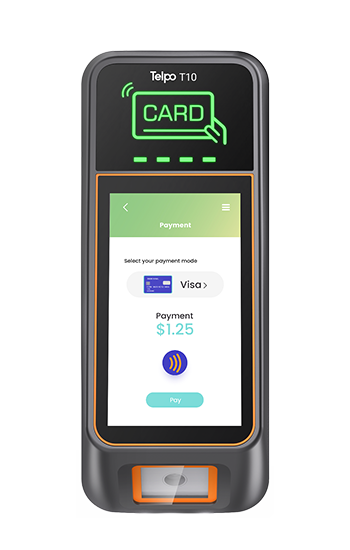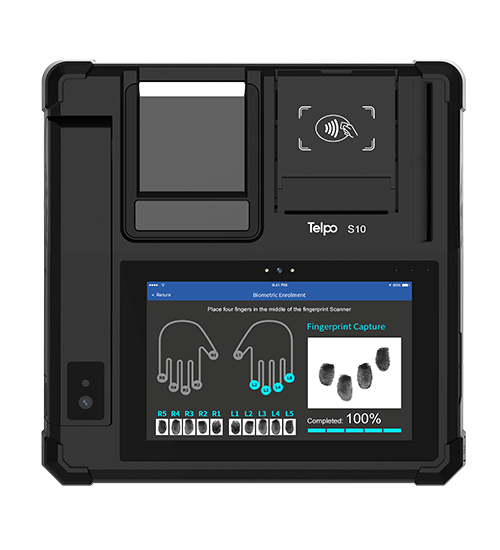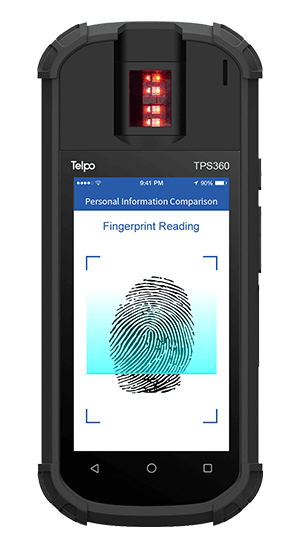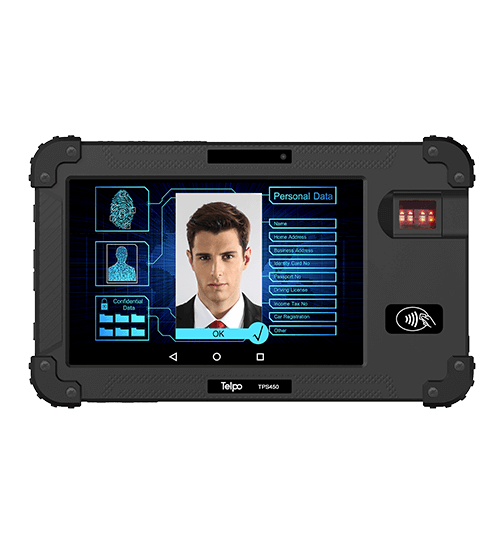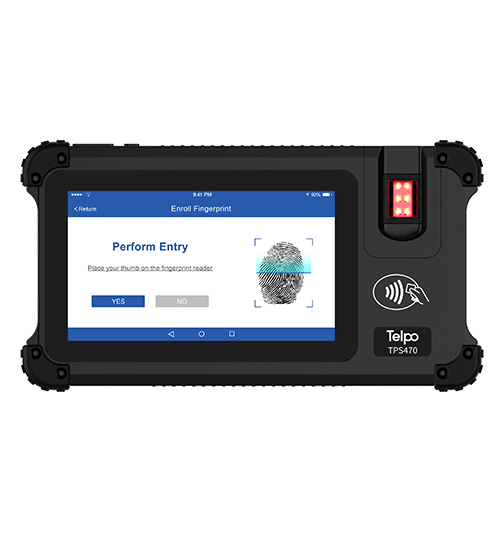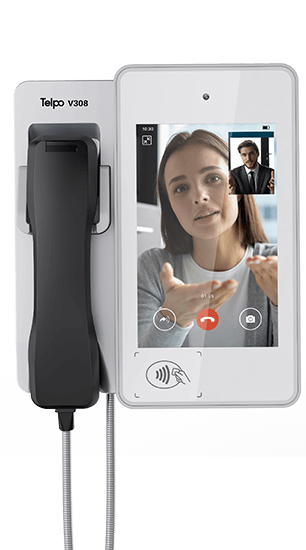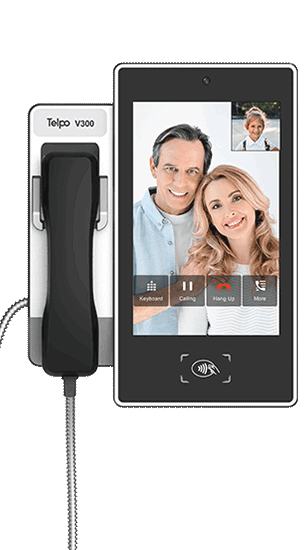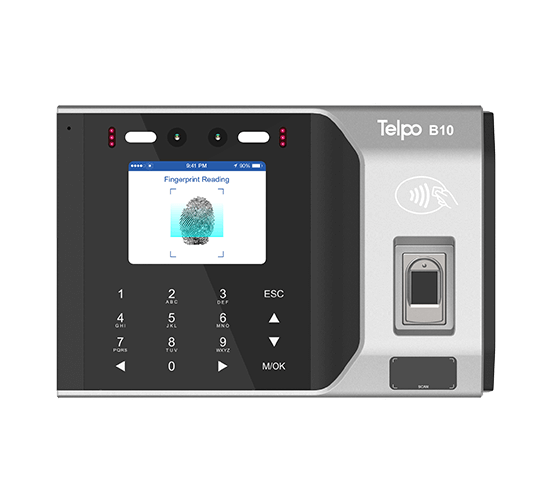As passengers on public transport have greater demands for digital payments, more fleet operators are seeking methods to satisfy diversified payment needs. Meanwhile, mobile POS terminals have a wider application. However, why is it not advised to use a mobile POS machine as a bus validator?
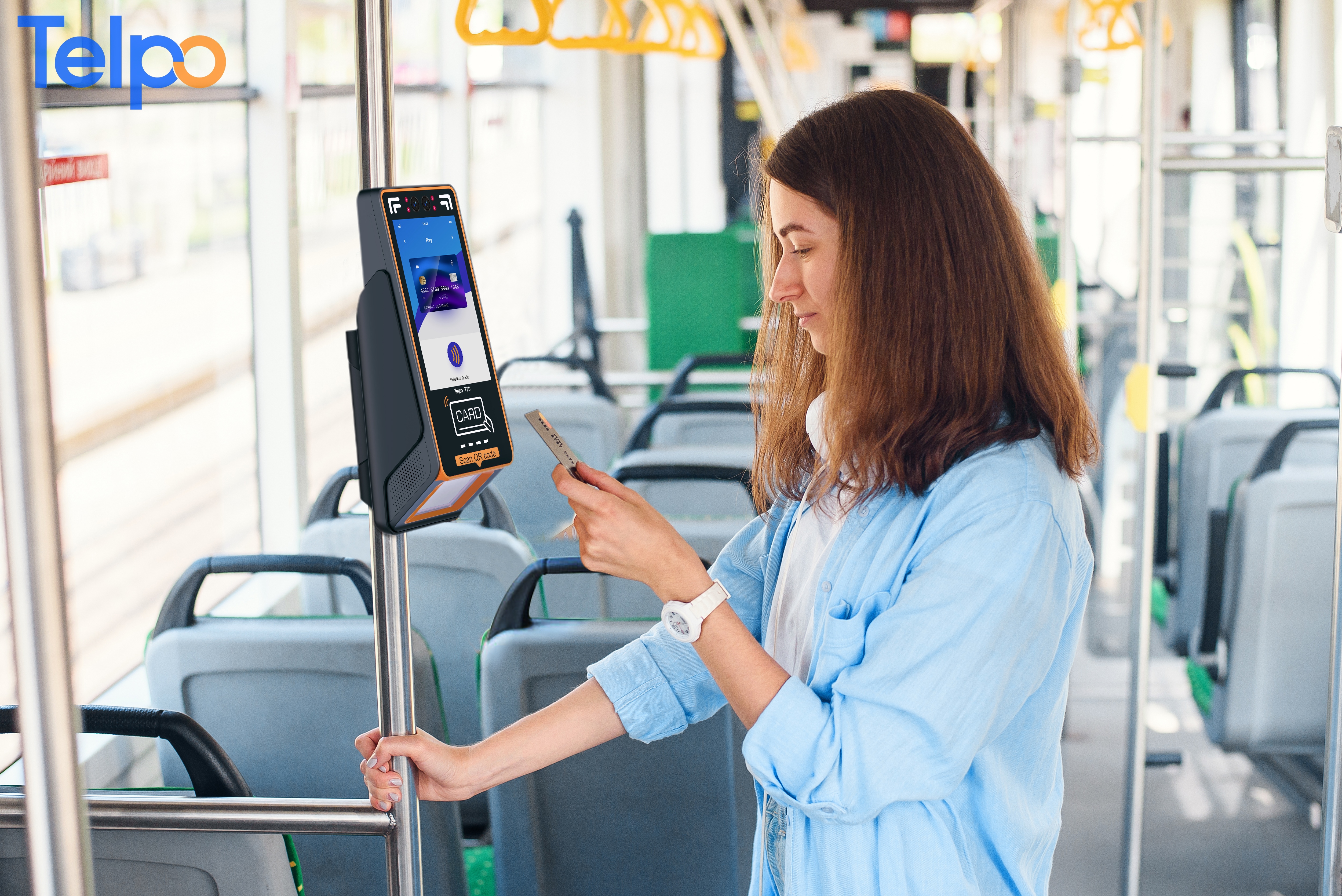
What is a mobile POS terminal?
Mobile POS terminals are very common in today’s life and are recognized as a useful tool to proceed with payments in various scenarios like retail and catering scenarios. Multiple payment methods could be accepted by a mobile POS, covering card payment, QR code payment, and even biometric payment.
What is a bus validator?
A bus validator is designed for ticket validation in the complex public transport environment. The validators can quickly deal with ticket transactions by supporting various validation methods such as cards, NFC, QR codes, e-wallets, etc.
Taking a brief look, it seems that a general POS machine adding a fixed mounting is more than enough for ticket validation on buses. However, why it cannot? Let’s make a detailed comparison.
1. Stability: Bus validator has a greater stability
The environment on buses is very different from the everyday payment scenes. Bus validation puts forward a higher standard for circuits and processors.
l There is no protection circuit inside the general mobile POS
As the mobile POS machines are not specifically designed for moving vehicles, no protection circuit is built in the general POS. However, the machines are easy to suffer from voltage surges and electrostatic discharge on the moving buses, which makes them prone to circuit interruptions and failures.
Since the bus validators are designed for the complex vehicle environment, the circuits inside the terminals contain a large number of voltage and current protection circuits to meet the automotive grade. Therefore, the specialized validation machine has a longer service life than general POS terminals.
l General mobile POS doesn’t have a strong enough performance
Generally speaking, the daily payment scenarios don’t require a powerful performance. When using a mobile POS machine as a ticket validation terminal, the less strong performance doesn’t have the capacity to meet the mass ticketing demands in peak hours.
By contrast, the specialized ticketing machine has a higher hardware configuration. The powerful processor ensures high ticketing efficiency during peak hours. If the terminal is stuck or goes wrong during the operation, the boarding time will be greatly lengthened, causing inconvenience to passengers and reducing their satisfaction.
2. Installation: Bus validator has an easier and more solid installation
l An extra customized bracket is required for mobile POS
Firmly attaching a mobile POS terminal to a bus is not as simple as it seems. Buses are driving in complex road conditions, and bumpy and braking situation is unavoidable. Using a mobile POS machine as a ticket validator requires customizing an extra bracket, which is complex and inconvenient to install.
In comparison, it’s much more convenient to purchase a specialized bus validator directly. It is specifically designed for vehicle-mounted scenes and can be fixed to the pole easily. Most bus ticket validation machine providers also provide a special mount kit for ease of installation.
3. Durability: Bus validator has a longer service life
l General mobile POS can’t achieve the required protection level
The mobile POS terminals are designed for retail scenarios, which means the manufacturer hasn’t considered whether the payment terminal can adapt to the complex environment on the bus. Most POS terminals didn’t pass the waterproof test, dustproof test, vibration test, etc. The service time of the general terminals cannot be guaranteed.
l The battery of mobile POS can’t withstand long-term charging
Besides, the battery is another challenge to the durability. There is usually a battery built into the mobile POS terminals. Of course, the battery cannot support all-day-long operations and needs long-term charging. The long-time charging damages battery health and makes it easy to bulge, and may even cause security risks.
The bus validators designed for public transport scenes are more durable. Adopting industrial-grade materials, the validators have a leading protection level that ensures a long product life. To fully guarantee the smooth operation on buses, the specialized validation machines pass a series of strict certification tests, covering IP grade tests, IK grade tests, etc.
Additionally, users don’t have to worry about the battery. The specialized bus ticket validation machines adopt the charging method of external power. The internal circuits are not easy to be damaged and thus extend the product life.
4. Validation efficiency: Bus validator has a higher validation efficiency
l Mobile POS has a lower configuration
A majority of mobile POS terminals adopt an ordinary 5MP camera and the soft decoding method, which delivers a weak scanning ability and low efficiency. The Android standard NFC is easy to hang up in use and cannot afford the high frequency of verification.
On the contrary, what bus validators adopt is a specialized scanning engine that brings extremely fast decoding. The specific NFC chip it adopts can avoid the regular problem that Android standard NFC has. Therefore, a bus validator is more suitable to deal with frequent and mass ticket validation tasks.
5. Interconnectivity: Bus validator is more beneficial to fleet management
l Mobile POS has limited interfaces and protective measures
The mobile POS terminals have limited interfaces and the connectivity of terminals is weakened. There is no bus interface or power supply connection port in the general terminals, which is not conducive to fleet management. In addition, the interfaces have no corresponding protective measures and the lines are easy to slip, which blocks data transmission.
The bus validators have rich connectivity to ensure stable communication, including 4G LTE, dual-band Wi-Fi, low-power, Bluetooth, dual-frequency GPS, etc. Fleet operators can accurately track the position and information of buses in real-time, so as to conduct efficient management.
After the detailed comparison above, would you like to stick with using a mobile POS as a bus validator? Though purchasing a mobile POS may reduce the cost of your upfront investment, you may have to spend more on subsequent maintenance and replacement costs. Whether in terms of verification efficiency, performance stability or product life, a specialized bus validator is a better choice for you.
Telpo’s ticket validator T20 has been widely applied in various public transport scenarios and won unanimous praise. In virtue of its stylish appearance, stable performance, leading protection level and many other advantages, Telpo T20 has become the first choice of many operators.
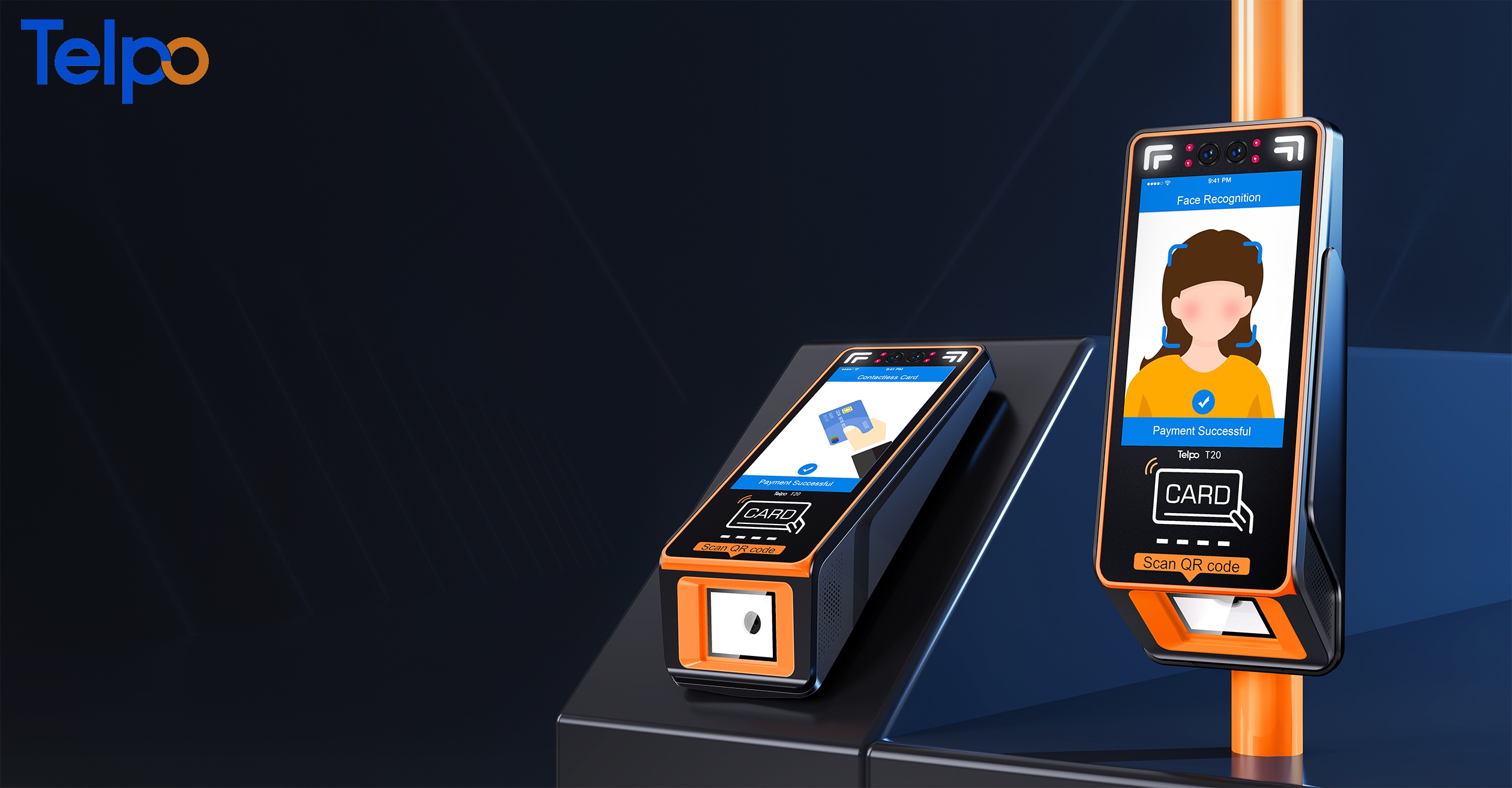
Features:
1. Multiple ticket validation methods: paper tickets, transit cards, contactless bank cards, QR codes, and even face recognition. Supports reading EMV and Calypso cards.
2. Leading protection level:IP65 waterproof and dustproof, IK08 impact-proof, anti-static, strong temperature resistance
3. Superior performance: Android 12 OS, Quad-Core 2.0GHz Processor and 2GB RAM, 16GB Flash Memory
4. Rich connectivity: 4G LTE, dual-band Wi-Fi, and low-power Bluetooth. Dual-frequency GPS makes positioning and communication more stable
5. Secure and easy maintenance: The pole mount kit for ease of installation includes a quick release mechanism
6. Future-proof design: 7-inch screen ensures easy and convenient for ads display and Segmented self-service
Telpo is a smart terminal and solution provider founded in 1999. With 24 years of manufacturing and customization experience, Telpo has served customers from 120+ countries and won wide recognition. Welcome to contact us for more details. Let’s empower green public transport.
Tag: public transport, bus validator, mobile POS, ticket validation machine


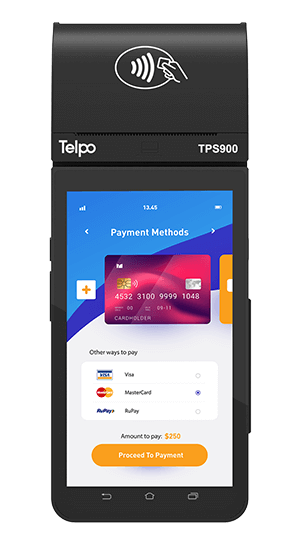



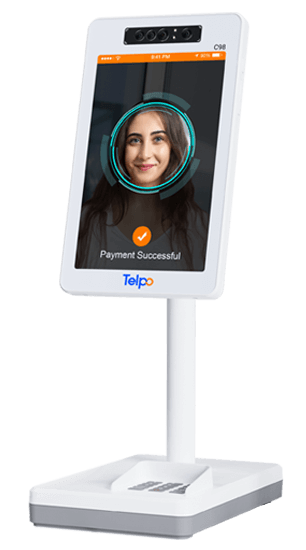

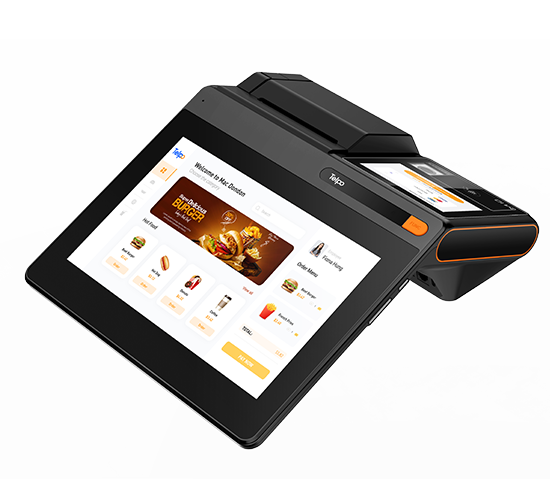
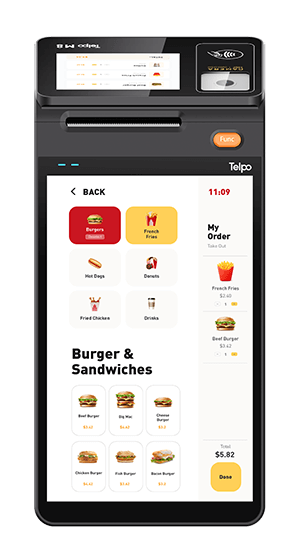
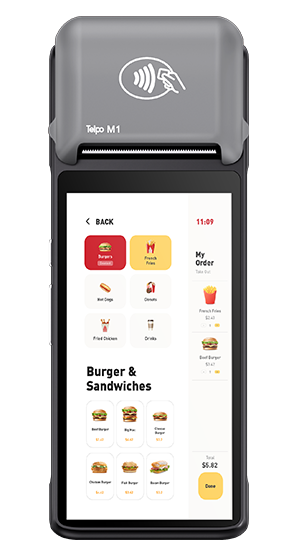
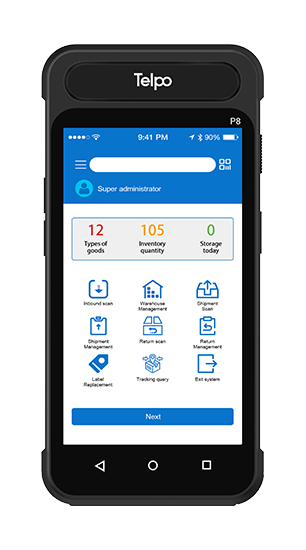



.png?VGVscG8tQzItUG9pbnQgb2YgU2FsZSBUZXJtaW5hbCA=*2023/07/Telpo-C2-80-printer-550.png?VGVscG8tQzItUG9pbnQgb2YgU2FsZSBUZXJtaW5hbCA=)
